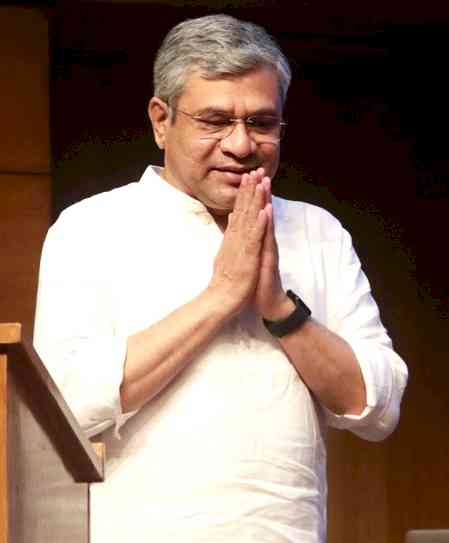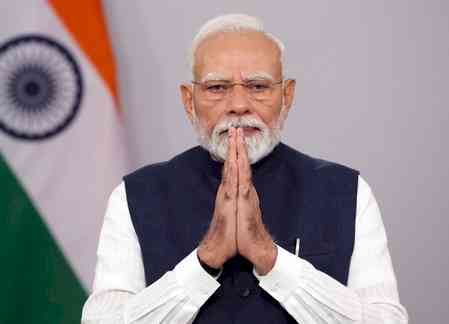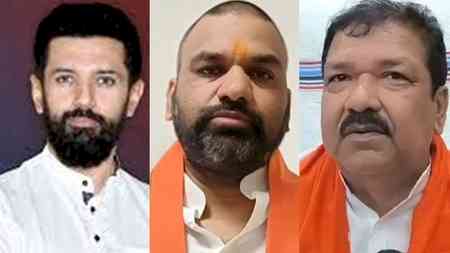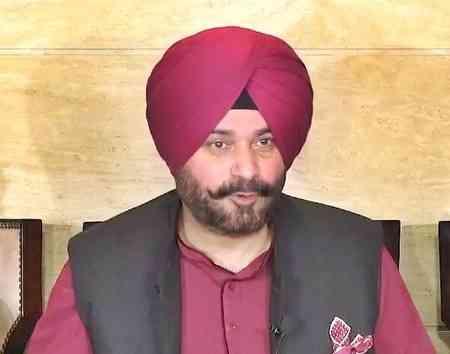Delhi HC sets aside trial court order against VHP leader in alleged hate speech case
The Delhi High Court on Friday set aside a trial court order, which had directed Delhi Police to register a First Information Report against Vishwa Hindu Parishad (VHP) leader Alok Kumar, after a complaint was filed by a social activist Harsh Mander for allegedly giving a hate speech during a VHP rally in 2019.
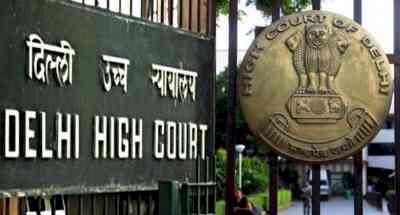
New Delhi, July 21 (IANS) The Delhi High Court on Friday set aside a trial court order, which had directed Delhi Police to register a First Information Report against Vishwa Hindu Parishad (VHP) leader Alok Kumar, after a complaint was filed by a social activist Harsh Mander for allegedly giving a hate speech during a VHP rally in 2019.
Justice Yogesh Khanna on March 20, 2020, had stayed the trial court order after Kumar approached the court seeking to quash it.
The trial court had directed FIR registration against Kumar for allegedly inciting violence against members of the Muslim community in relation to vandalisation of a temple that took place in Old Delhi’s Lal Kuan in July 2019.
Presiding over the case, Justice Swarana Kanta Sharma on Friday observed that Mander had not alleged Kumar of anything in the complaint he had lodged with the police.
“The single line averred by Mander against the petitioner in his complaint filed before the magistrate on the face of it does not constitute any offence, or make out any case against the petitioner,” Justice Sharma said.
She further said that even if the allegations made in the complaint are determined to be true, even then, no offence was disclosed to have been committed by the petitioner.
According to the court, the records of the case reveal that it is a case of no incriminating material against Kumar and not a case for insufficient evidence.
“They will primarily relate to a hate speech which was allegedly delivered by someone else on which the present Petitioner (Kumar) did not have any control,” Justice Sharma said.
The judge said that as magistrates stand first in the line of adjudicatory process of journey for a criminal case, they play a vital role in the criminal justice system, and that that they have to decide the cases keeping in mind that the powers given to them may be “unlimited”, but they are not “unfettered powers”.
“Though there is no place for hatred or criminal disharmony in a civilised society, in a country like India ... all communities have respected each other and have lived a harmonious life. While passing such cases, the magistrates, even if they disagree with the detailed action report filed on record, the court while focusing on non discrimination, has to take into consideration that communal peace cannot be taken lightly and tolerance of cultural and religious values between different communities has to be kept in mind,” the court said.
The court also noted that in Kumar’s case, the police had found no material against him of having either delivered a speech or to have ignited any communal disharmony.
“This court therefore, cautions that while passing such orders, the judges have to be careful that in case there is no disharmony due to any speech, which was allegedly delivered, and not a past as the present one, could have rather ignited the communal disharmony. With these observations and some other observations, your petition has been allowed,” Justice Sharma said.


 IANS
IANS 
